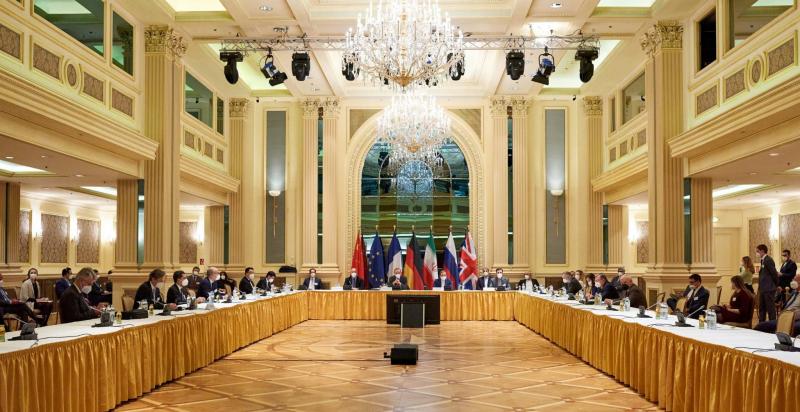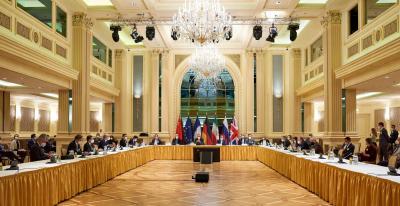Three months after the last meeting aimed at reviving the nuclear agreement between Iran and world powers, it remains unclear when negotiations in Vienna will resume or who might represent the new Iranian government. Meanwhile, Iran continues to expand both the quantity and quality of its uranium enrichment, leading some experts to conclude that it is now closer to having sufficient fissile material to create a bomb, just as the Biden administration predicted Tehran could achieve within two to three months.
Simultaneously, a dispute erupted days ago between Iran and the International Atomic Energy Agency regarding monitoring its nuclear activities originally agreed upon in the 2015 deal, according to a report from the Washington Post. The U.S. administration continues to warn that time for negotiation is running out, without specifying how much time remains or what it will do if it expires.
"It's hard to go back," said a senior official in the U.S. State Department to the Washington Post on Wednesday. "We don't have a timeline," he added, "We are ready to return to the table, although at some point that may not be possible, as Iran's nuclear progress will become irreversible and it won't be possible to go back." Another official, who spoke on condition of anonymity, stated, "When we reach that point or stage, we will have to assess our position and how to proceed."
This comes as the Iranian government announced that Foreign Minister Hosein Amir-Abdollahian plans to hold bilateral meetings with his counterparts from Britain, Germany, and France on the sidelines of the United Nations annual General Assembly.
Iran Confirms Resuming Negotiations
Iranian Foreign Ministry spokesperson Saeed Khatibzadeh told reporters in New York on Tuesday that everyone has been informed that the Vienna talks will resume "in the coming weeks." In a pre-recorded speech to the General Assembly aired later that day, President Ebrahim Raisi stated that Iran "considers the talks beneficial, with the final outcome being the lifting of all oppressive sanctions," but he did not specify when negotiations in Vienna would resume.
In parallel, the U.S. State Department revealed that Secretary of State Antony Blinken has no plans to meet with Abdollahian at the U.N.
Who Will Lead Negotiations in Iran?
Indicating that Iran may not be in a hurry, the government has begun replacing the negotiators who led its team in Vienna. Longtime Iranian negotiator Abbas Araqchi has been replaced by Ali Bagheri, a relative of Khamenei. However, it is unclear whether the new government plans to leave negotiations in the hands of the Foreign Ministry or fully transfer them to the National Security Council under Khamenei's control, according to the newspaper.
U.S. and European officials are concerned about the possibility of Iran retracting what was achieved during the first six rounds of talks. Meanwhile, the negotiators believe they reached preliminary agreements on the list of sanctions to be lifted and a potential series of actions each side would take to return to compliance.




